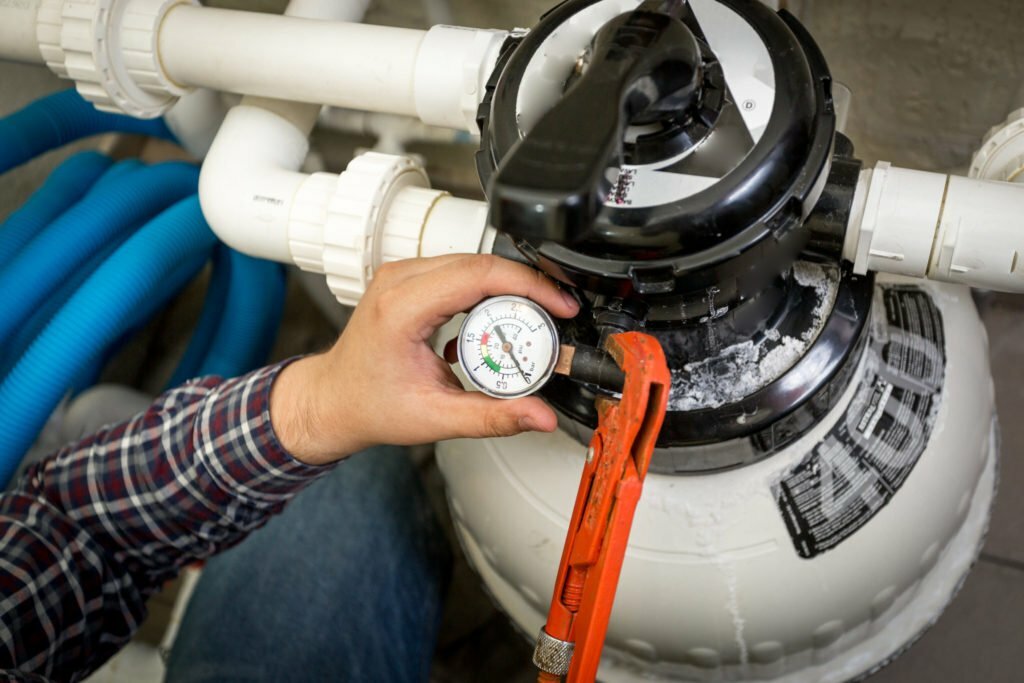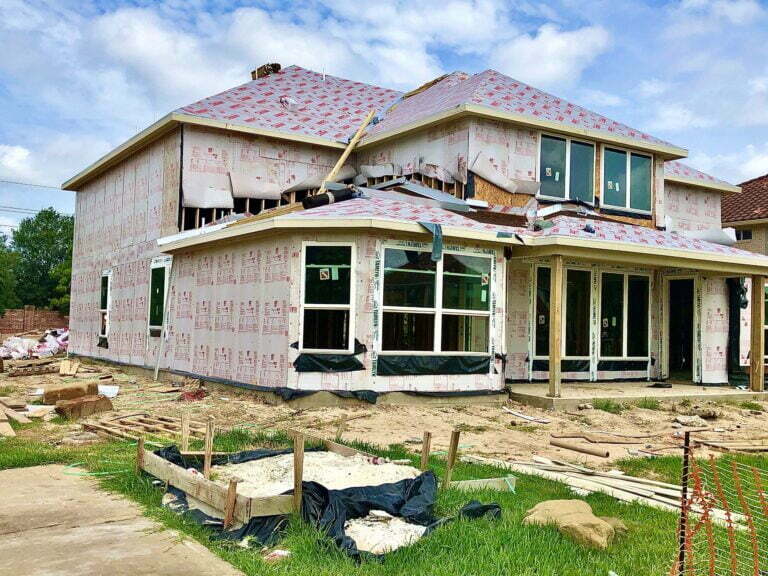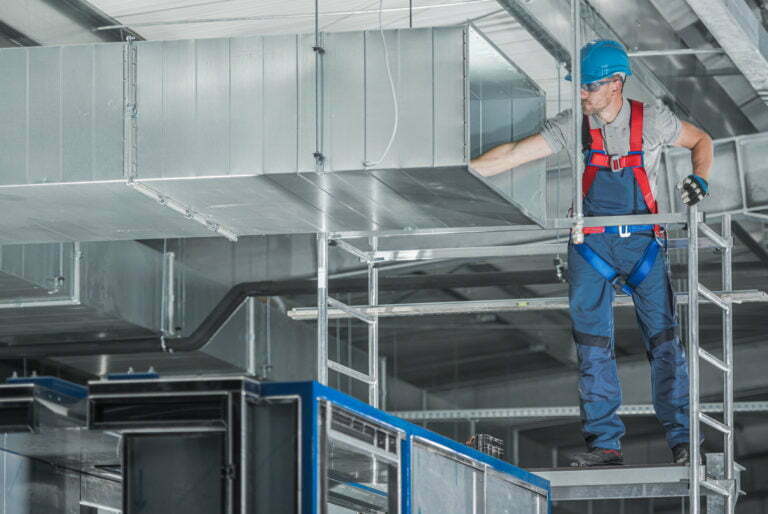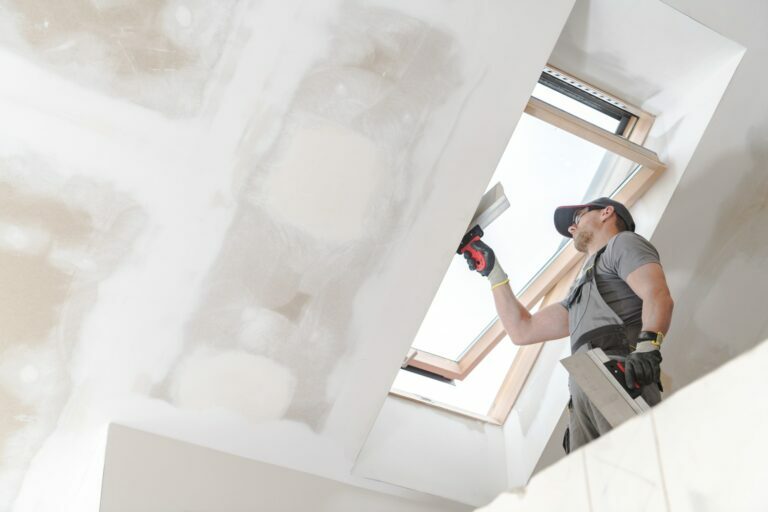Depending on where you live, seasonal changes can bring about some pretty harsh conditions. In the summer, you may live in an area where temperatures easily reach over 90 degrees, and the humidity levels climb to uncomfortable heights. Some areas see significant frozen precipitation and temperatures well below freezing in the winter. No matter where you live, you probably rely on your HVAC system to help combat the conditions outside. A heat pump can make your home warm and toasty in the winter and nice and cool in the summer. However, if your heat pump begins to fail, you could be in for some miserable indoor conditions.
The performance of a heat pump degrades over time. Like most things, time and age can take a toll on your heat pump. While most experts agree that your heat pump can last around 20 years, you may begin to notice some problems after 15 years. Even with proper care and maintenance, your heat pump system and the components like the compressor and condenser unit can begin to wear out with age. There are several factors, including the size of the heat pump, the climate where you live, the technology components, and the compressor type, that can all impact the performance and longevity of your system. Let’s take a look at some signs that your heat pump performance might be degrading.
Spike in Energy Bills
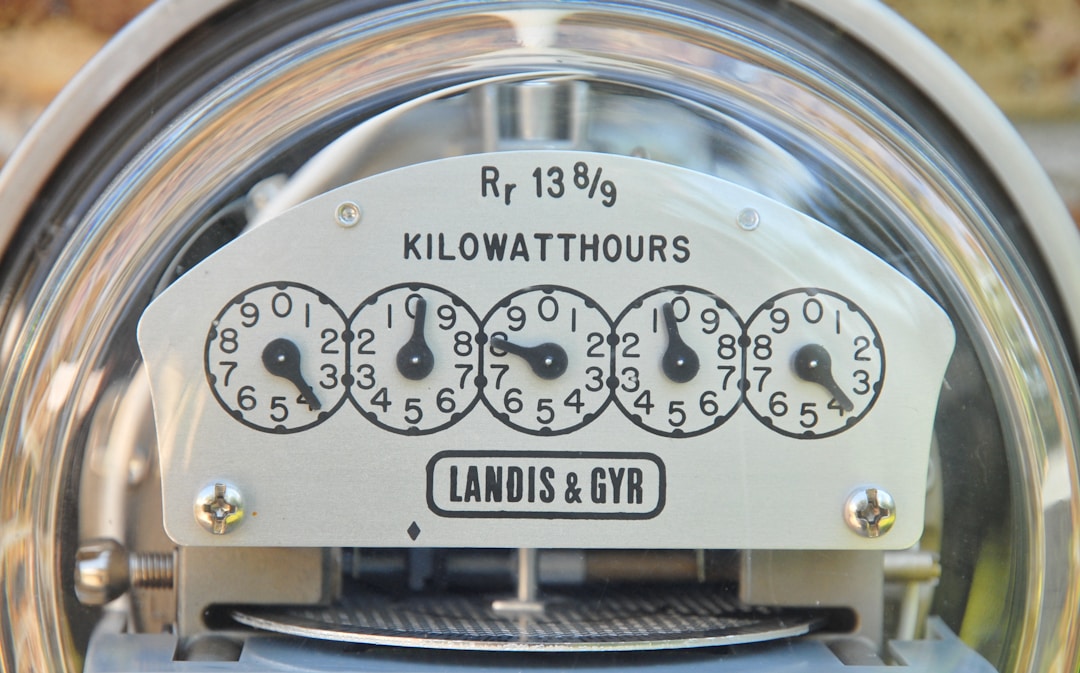
Heat pumps are known for being more efficient than other types of HVAC equipment and providing quality heating and cooling. As a result, your energy bills during different times of the year should remain pretty consistent compared with previous seasons. While there will be fluctuations in cost based on the climate, your heat pump should be pretty reliable. An aging heat pump might be to blame if you notice increased energy bills or spikes in your energy usage. As your system ages, you will experience efficiency degradation, as the components have to work harder to maintain indoor temperatures. You might also notice an issue with short cycling or frequently turning on and off. Short cycling will also lead to a bump in energy usage.
Inconsistent Temperatures
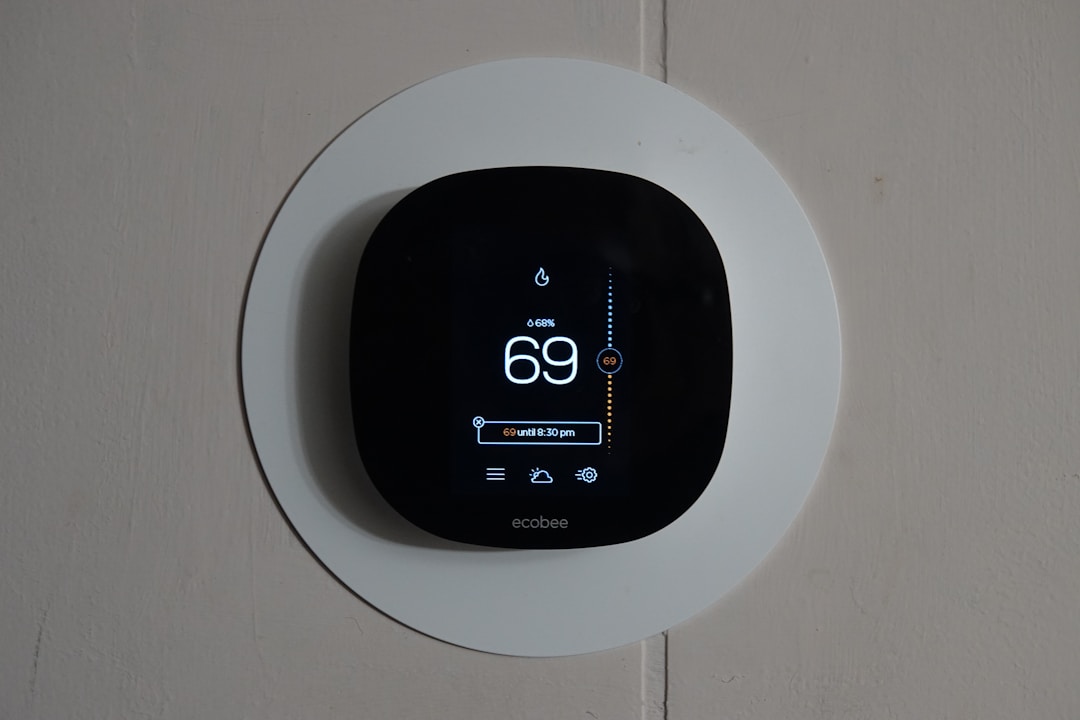
In many houses, hot or cold spots are normal and result from the location of the area and the amount of sunlight or shade it receives. If you notice entire rooms that are too hot or cold or are having trouble keeping a consistent temperature throughout your home, you may have a problem with your heat pump. As your heat pump’s performance begins to decline, it might have a more difficult time circulating air throughout your entire home. You might specifically notice this in areas of your house that are farthest away from the blower. Inconsistent temperatures could be a symptom of a few problems. However, an aging system’s performance degradation might be to blame.
Frequent Repairs
A hallmark of an aging HVAC unit is an uptick in the number of needed repairs. Heat pumps are no exception to this rule. As your unit begins to decline, various components will wear out and need to be repaired or replaced. When something major such as the compressor or condenser unit gives out, it might be time for a system replacement. Frequent repairs and service is a sign that your system is beginning to fail, and the problems will only get worse over time. Heat repairs can be expensive, and most experts agree that if the cost exceeds 50 percent of the price of new equipment, it is probably a good idea to replace it.
If you suspect that your heat pump performance is beginning to degrade, it might be a sign that it is time to get a new one. You can consult with a qualified HVAC technician who will be able to offer guidance and solutions for the improved performance of a heat pump.

